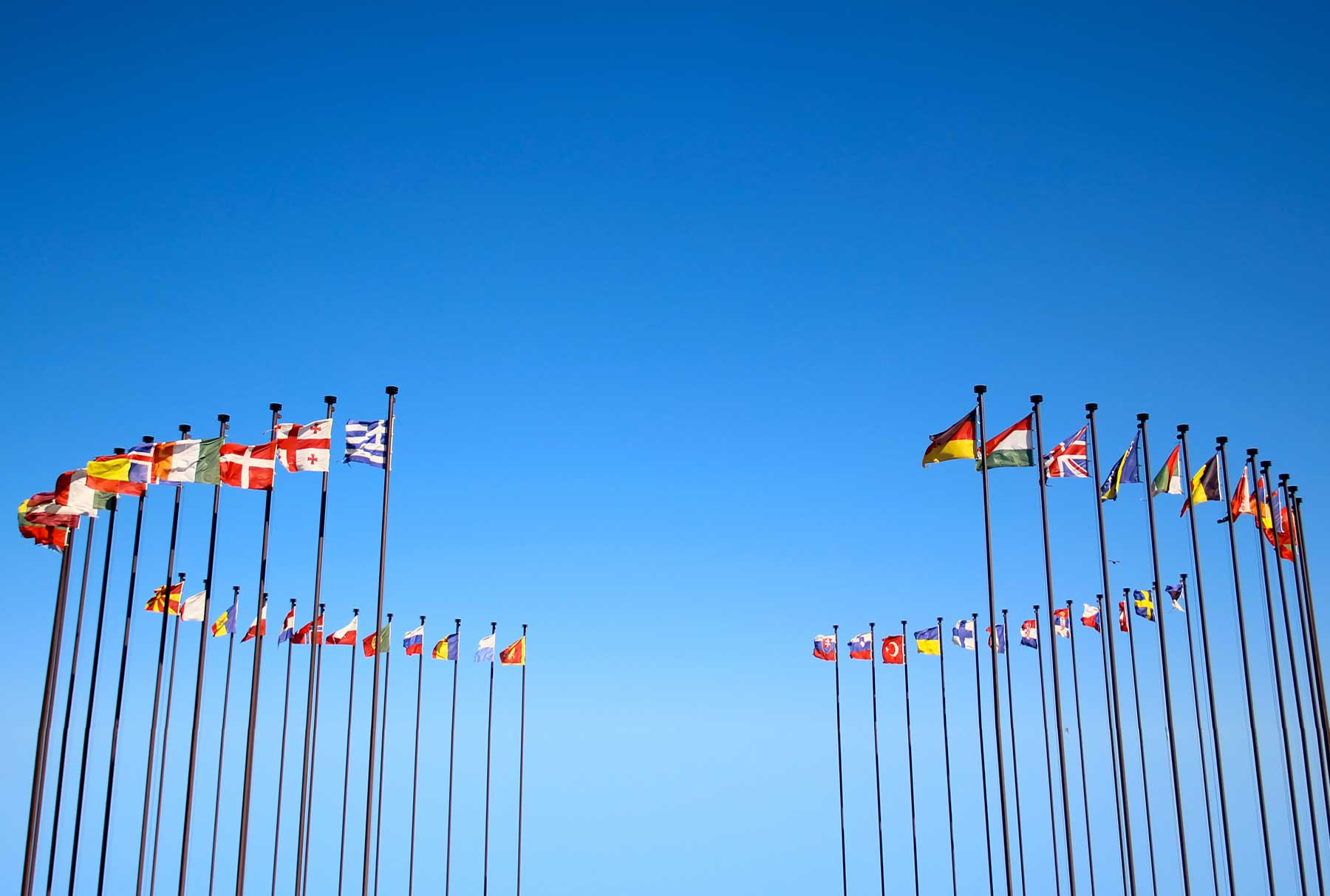International Politics
From critical security studies to environmental politics and policy, our international politics cluster covers a broad range of themes.
The International Politics research cluster brings together over thirty academics with an interest in cutting edge themes in critical security studies, political geography, international political theory, environmental politics and policy. Its primary role is to facilitate the exchange of ideas which should lead to further cooperation in international politics issues. Its aim is to engage and explore contemporary challenges shaping international politics critically and revisit conceptual formations such as the global south and precarity. Cluster’s members’ research interests span from European security and defence policy to Russian foreign policy, arms trade and disarmament, precarity, migration, visual politics, popular culture and world politics, and their area expertise includes Africa, the Middle East, Latin America, Southeast Europe, East and South-East Asia.
The cluster runs monthly activities that include:
- Members’ presenting their draft work and ideas at a cluster meeting for group feedback.
- Organising reading groups and/or discussions of upcoming academic works.
- The Busting Silos Series: Inviting Newcastle University colleagues, outside of Politics, to share their research to the cluster in order to facilitate the development of cross-disciplinary synergies and foster potential collaborations on research and teaching.
- Liaising with cluster members to facilitate internal peer reviews of, for example, articles in progress or draft funding bids.
The co-convenors of this cluster are Benjamin Faude and Laura Routley
Postgraduate Projects
Mubarak Ahmad, ‘Ideology and Radicalisation: Applying Hannah Arendt’s Criteria of Ideology to Conceptualise Elements of the Mindset of the Islamic Radical’
Harriet Cansino, “Paradise is Political: an Ethnographic Study of Aesthetic Tourist Economies in Northeast Brazil”
Jecel Censoro, ‘The role of Multilateral Development Banks in shaping the global governance of the Agenda 2030’
Evie Hill, “Designs for Dissensus: OSPAAAL Posters, Africa and the Tricontinental Movement”
Boluwajo Kolawole, “The Perception of Everyday Security by Female Refugees’ in Gateshead and Glasgow”
Daniela Morgan, “Reconciling the Limits of State Sovereignty: An Exploration of the Sardinian Question“
